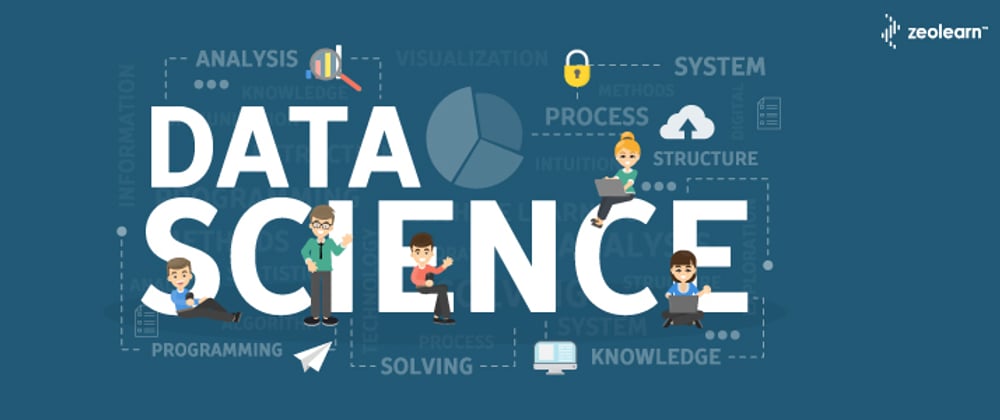Table of Contents
What is data science?
Data science grew from statistical analysis and data mining. In 2008, the title of "data scientist" emerged and there has been a shortage of data scientists ever since.
Data scientists must be skilled in everything from data engineering, math, statistics, advanced computing and visualizations. They rely on AI, machine learning, and deep learning in order to create models and make predictions.
Data science is used for anomaly detection, automation, classifications, forecasting, pattern detection, facial/voice/text recognition, movie/restaurant recommendations, etc. It is integrated in the world around us within healthcare, self-driving cars, entertainment, finance, cyber security, and more!
Careers in Data Science
A path in data science or analytics career is not always linear.
Similar to other careers in tech, you don't necessarily need a technical bachelor's and/or master's to become a data science professional. You simply need the right skills and experience level.
Why should you choose data science as a career?
- Sky-high salaries
- Growing demand
- Easy to grab a job
- Plenty of work options
- Challenging work
- Highly prestigious title
- Evolving field
- Data science is the career of tomorrow
Potential Salary
The estimated total pay for a Data Scientist is $121,593 per year in the United States area, with an average salary of $104,257 per year.
Glassdoor
The following image is from indeed:

Where do you fit in?
Data scientists need to be curious and result-oriented, have exceptional industry-specific knowledge, and have exceptional communication skills that allow them to explain highly technical results to non-technical counterparts. Key tools and skills include (but are not limited to): Apache Spark, Python, NoSQL databases, Tableau, Cloud computing, MapReduce, D3, Github, etc.
1. Data scientist
Data scientists examine which questions need answering and where to find the related data. Skills needed: SAS, R, Python, stats/math, Hadoop, SQL, machine learning, etc.
2. Data analyst
Data analysts bridge the gap between data scientists and business analysts. They organize and analyze data to find results that align with high-level business strategies. Skills needed: SAS, R, Python, stats/math, data wrangling, data visualization, etc
3. Data engineer
Data engineers manage exponential amounts of rapidly changing data. Skills needed: Java, Scala, MongoDB, Cassandra DB, Apache Hadoop, etc.
Conclusion
Are you interested in data science? What are your thoughts in where the future is taking us?
Happy coding!
Happy coding!








Oldest comments (0)